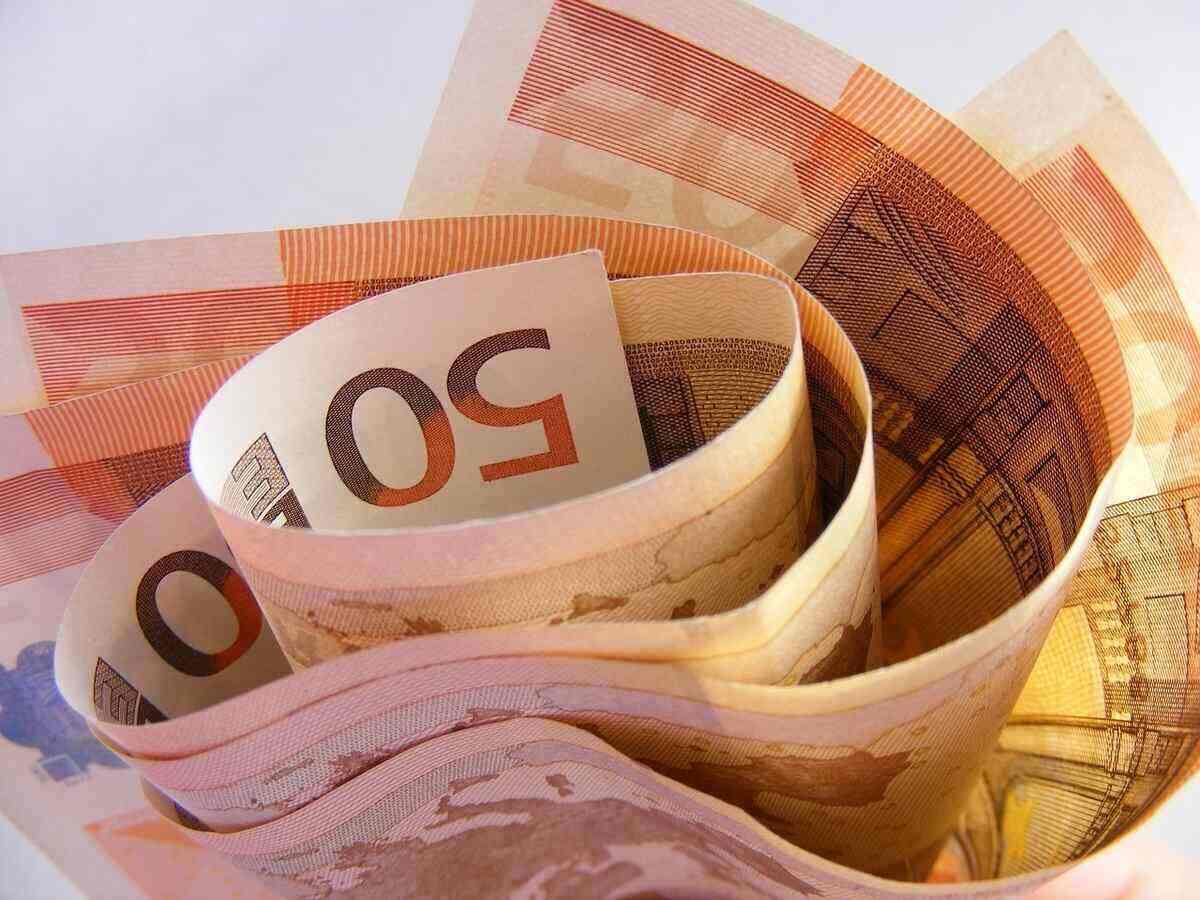Cash is one form of business asset, which represents financial resources in the form of cash and various types of securities. Read more on this topic.
Article in cooperation with Scandinavia online magazine
What are cash and cash equivalents? Definition of the term
Cash assets are cash and various types of securities, such as bonds, treasury bills and stocks, for example, that can be easily exchanged for money. They are intended to be used directly to meet the current financial needs of the company.
What counts as cash?
Cash includes cash in circulation, i.e. banknotes and coins, as well as various types of securities, such as treasury bonds, treasury bills or stocks. Cash can also be deposited in a company’s bank accounts, such as a current account or a term deposit.
Division of cash
Cash can be divided into two types: direct and indirect. Direct cash is cash and securities that are easily convertible into money. Indirect cash, on the other hand, are those assets that are not directly convertible into money, but may be intended to be received in the future, such as in the form of interest or dividends.
Cash – practical examples
Practical examples of cash are, for example, cash held in a company’s current account, government bonds or shares listed on the stock exchange. Another example of cash can be an escrow account, where a company keeps surplus funds in the form of a bank deposit. Cash is an important component of a company’s assets, as it allows the company to quickly and efficiently meet its current financial needs, such as paying bills or fees. However, it is worth remembering that excessive holding of cash in bank accounts may not be profitable, due to low interest rates and the inability to earn additional income from their investment. Therefore, it is important for a company to properly manage its cash and look for ways to use it effectively.




